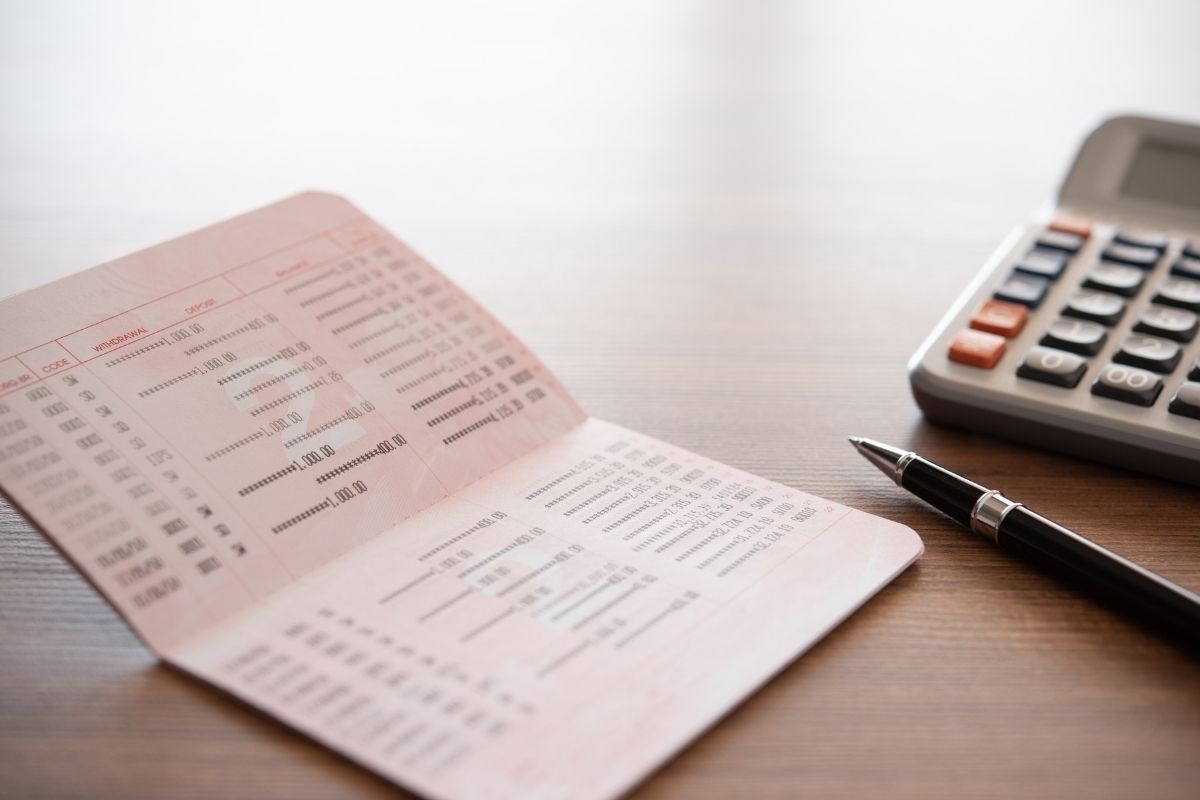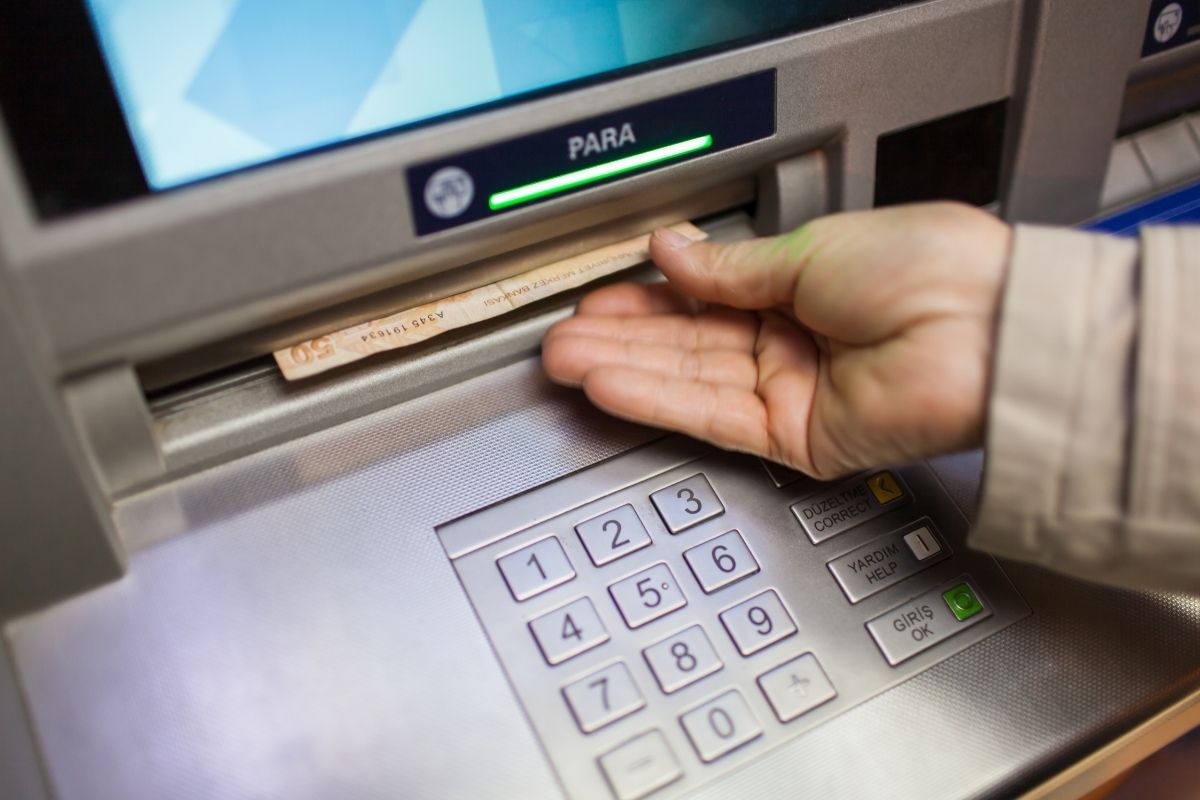Do you want to learn about investment accounts? If you’re new to investing, you’ll probably want to brush up on the different types of accounts available to you.

One type of investment account is a Money Market Account or MMA.
If you’re not quite sure what an MMA is or how it works, don’t worry, this article covers everything you need to know about Money Market Accounts and how you can start investing.
What Is A Money Market Account?
Money Market Account (MMA) is a type of investment account offered by banks and other financial institutions. MMA allows investors to earn interest on their deposits.
Money market accounts are similar to savings accounts, except they offer higher rates of return. They also allow you to invest in stocks, bonds, mutual funds, ETFs, etc.
There can be two types of MMAs – Individual Savings Accounts or Businesses. We will talk about both the types of Money Market Accounts:
1. Individual Savings Account (ISA)
This account has some advantages and disadvantages as well. Its advantage is there is no minimum balance to maintain and its disadvantage is there is no maximum limit on deposit amount.
So if you have more cash lying around and want to save that for the future then this kind of money market account is suitable for you.
2. Business Savings Account
A business saver account gives you additional tax benefits. Deposits into these accounts are not subject to income taxes. However, withdrawals from these accounts do get taxed.
How Does MMA Work?
To understand what exactly happens with your money when you open an account with a bank or any financial institution, let’s first discuss the different parts of your checking account.
The account number which you use while opening an account comes from your Social Security Number (SSN). The reason behind using SSNs for creating this kind of account number is that this number uniquely identifies you.
Account Number
The account number helps your bank determine whether the checks you write are valid or fraudulent. It also helps them link all the transactions done through your account so that you don’t face any penalties.
Checking Account
All the funds deposited in your account are called ‘checking’. To make your checking account active, you need to maintain at least $25 in your account at all times.
You can withdraw only the money required to pay your bills. Once your account reaches zero amount, the bank stops crediting your account. Your checking account is inactive once it reaches zero.
Deposit Money
You may either choose to keep your money in the form of a Cash/Cheque/Debit Card and deposit it directly into your account or transfer that money via wire transfer or ACH transfer.
Any transaction made above this minimum amount is considered a direct withdrawal. Direct Withdrawals cannot exceed 40% of your total deposit.
Withdrawal

You can access your cash in the form of Debit card(s)/Check / Wire Transfer/ACH Transfer.
Note that If you withdraw more than 40% of your total cash on hand then the excess amount would become part of your next statement.
Minimum Balance Requirements
Individual Savings Accounts: Minimum balance requirement is based on the age of your child.
For example, a 10-year-old needs a minimum of $50 per month; however, children under 12 years of age need at least $100 per month.
Business Savings Accounts: Similar to individual savings accounts, businesses can create savers accounts by maintaining fixed or variable amounts in the account. Both options allow you to achieve tax benefits.
Fixed Amounts usually range between 5%-15% of the total payroll expenses. Variable Amounts are based on a percentage of your total operating expenses.
Interest Rate
In general, money market account rates start at 0.01%
Higher Interest Rates are charged for longer-term deposits.
Minimum Deposit
Although banks generally offer higher interest rates for high-risk investments like CDs or Bonds, they often charge a lower interest rate for low-risk investment products like Money Market Accounts
Banks usually ask for very little information about you when you open an account. However, you should be aware of some important things before you agree to give away sensitive personal information.
Money Markets Are Not FDIC Insured: Even though most banks claim that their money markets are insured by the Federal Deposit Insurance Corp., insurance protection against your deposits is limited.
The FDIC protects only those deposits over $250,000. This means that even if your bank fails, you could lose everything you have in the account.
Money Market Account Fees
Below is a list of the fees that you can expect to pay when using your account.
Minimum Maintenance Fee To Open An Account
Usually, this is around $10-$20, but it can vary.
Maximum Maintenance Fee
Again, this can vary, but it is usually around 3%.
Transactions Fee
Most money markets offer free transactions but some charge a small fee for each transaction. These fees depend upon the type of transaction you perform e.g.: ATM withdrawals, debit card purchases, etc.
Minimum Monthly Transaction Limit
Some money markets do not allow you to make unlimited transfers or withdrawals from your account during a given period e.g.: a week or a month.
They may restrict your activity to one particular day of the week or certain hours of the day.
Account Opening Process
Here’s a lowdown of how to open a Money Market account at your preferred bank.
The general process of how to open an MMA will differ depending on which bank you choose to open one with.
- Submit your application: You’ll probably need to share your personal information and details such as whether you want to add another owner or a beneficiary. You’ll also need to put how much money you want to transfer to the MMA.
- Complete verification steps: The bank you open your account with will ask you a variety of questions to confirm your identity so make sure you have these ready.
- Put funds into your new account: When you open an MMA, you’ll need to deposit a certain amount of money to meet the minimum funds’ requirement.
- Once your account is up and running, you can automatically transfer money from other accounts.
Account Security
To maintain the security of your money, banks issue your customer’s number through which all your deposits and transactions are routed without providing any other details such as name or address.
Bank employees are also allowed to monitor your account activities using the software.
They can raise alerts whenever there is unusual activity in your account, which means that your cash will be safe and secure in a Money Market Account.
Final Thoughts
Your money is safe as long as it stays in a money market account.
An MMA is basically like a high-yielding checking account because there is the possibility of receiving a higher interest rate than you would normally get with other types of savings accounts.
There are many different types of money market accounts available. Some offer higher interest rates than others. Check out the best money market accounts available before you make a decision.
There are rules about how much you can withdraw each month. Money markets are great for short-term needs. Long-term savings should go into other types of investments.
You can check out the different investment accounts available by researching online or visiting your local bank so you can chat with an advisor.
Financial Disclaimer
This post contains sponsored advertising content. This content is for informational purposes only and not intended to be investing advice.
The investing information provided on this page is for educational purposes only. compundingstacks.com does not offer advisory or brokerage services, nor does it recommend or advise investors to buy or sell particular stocks or securities.
The owner(s) of this blog is compensated to provide opinion on products, services, websites, and other topics. The owner(s) may be compensated if you click on a provided link and purchase or sign up for a service. Any product claim or advice about a product or service should be verified with the manufacturer, provider, or party in question. Copyright Compounding Stacks © 2022
- Is Coinbase Safe For Beginners? - March 25, 2022
- Are Penny Stocks Good For Beginners? - March 25, 2022
- Why You Shouldn’t Save Your Money In A Bank? - March 25, 2022
